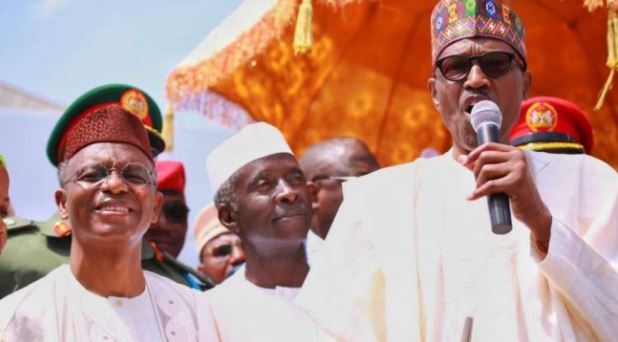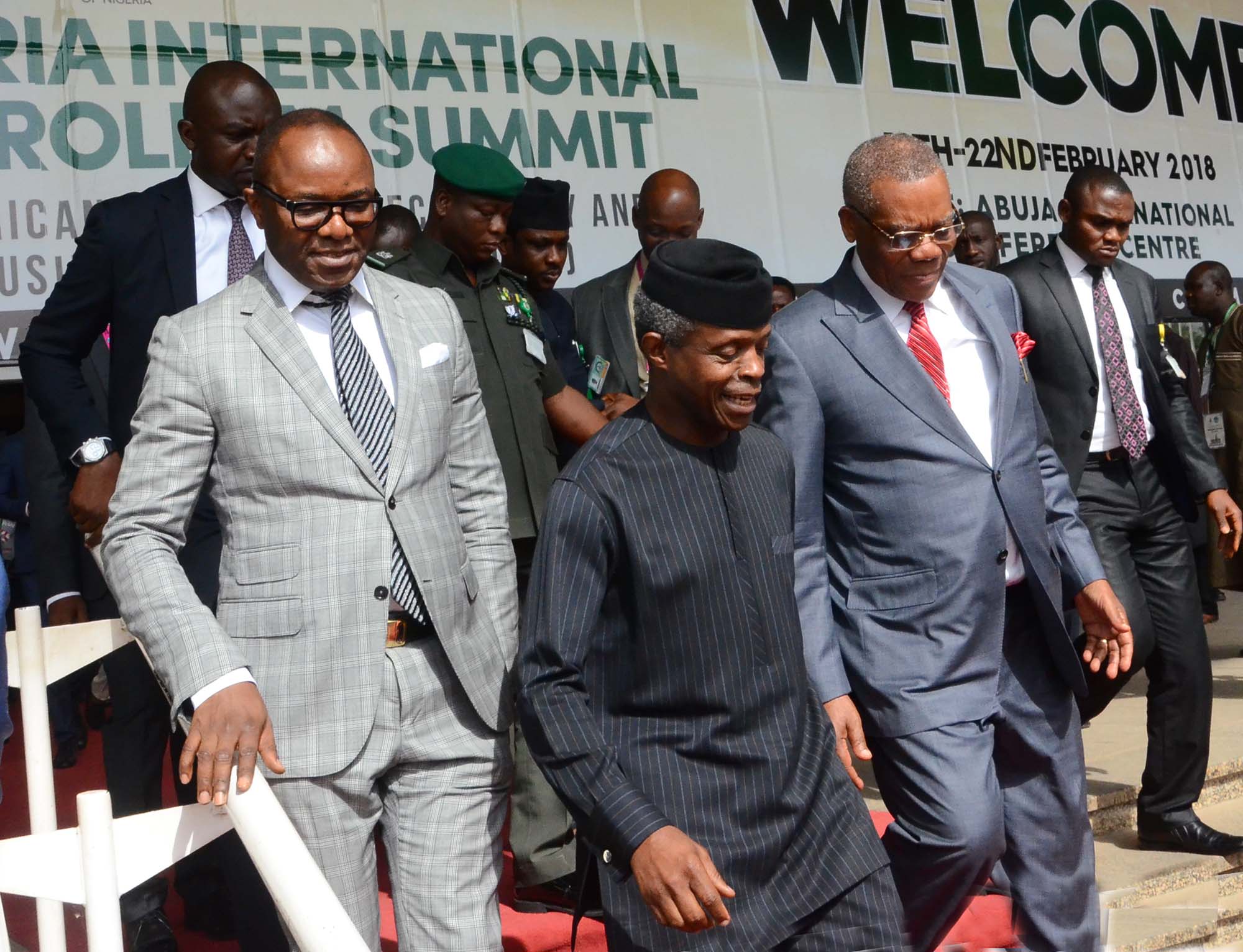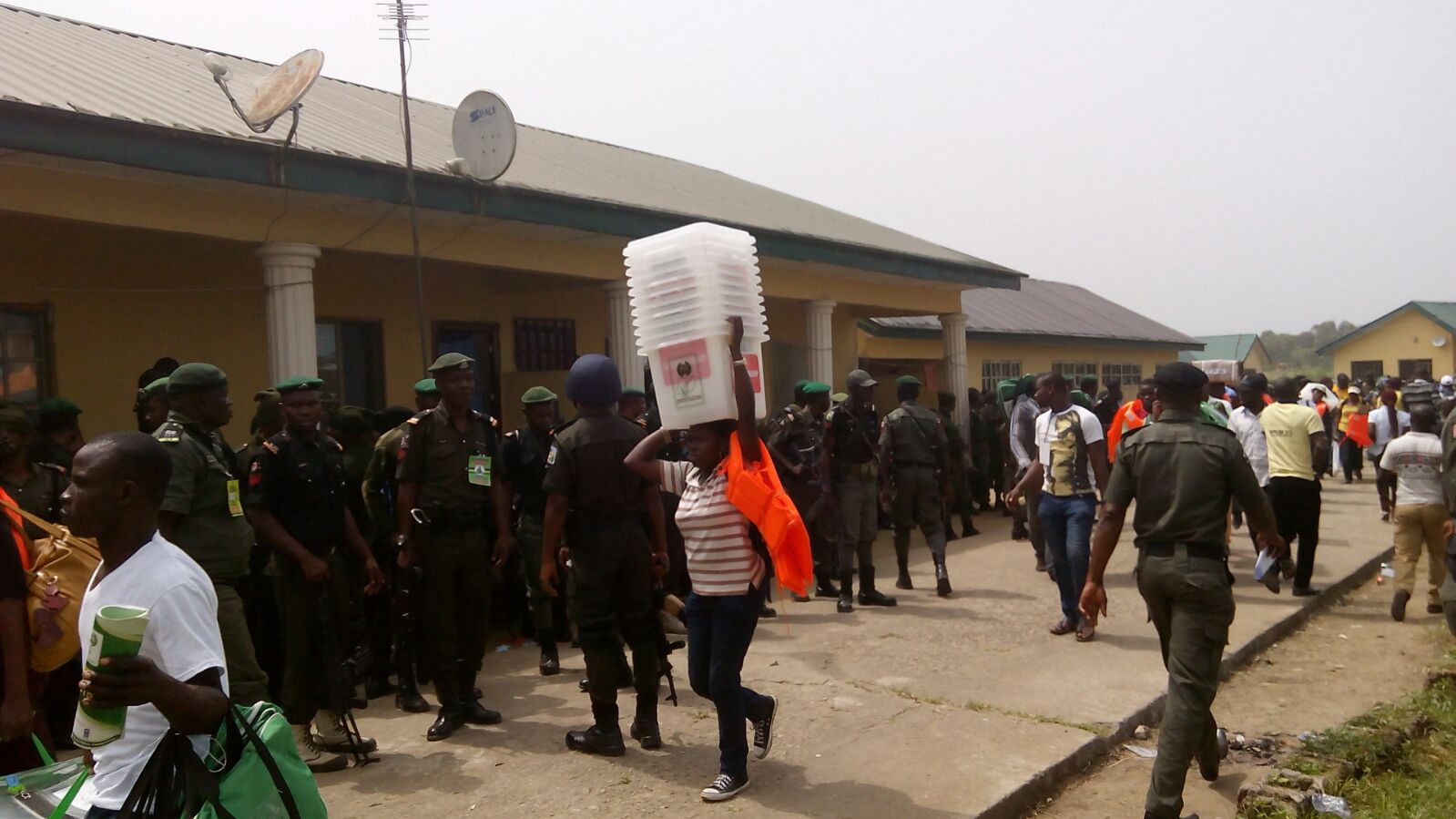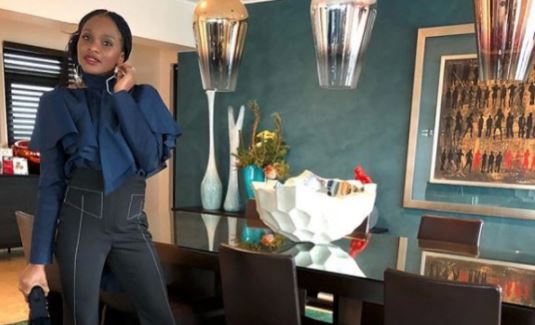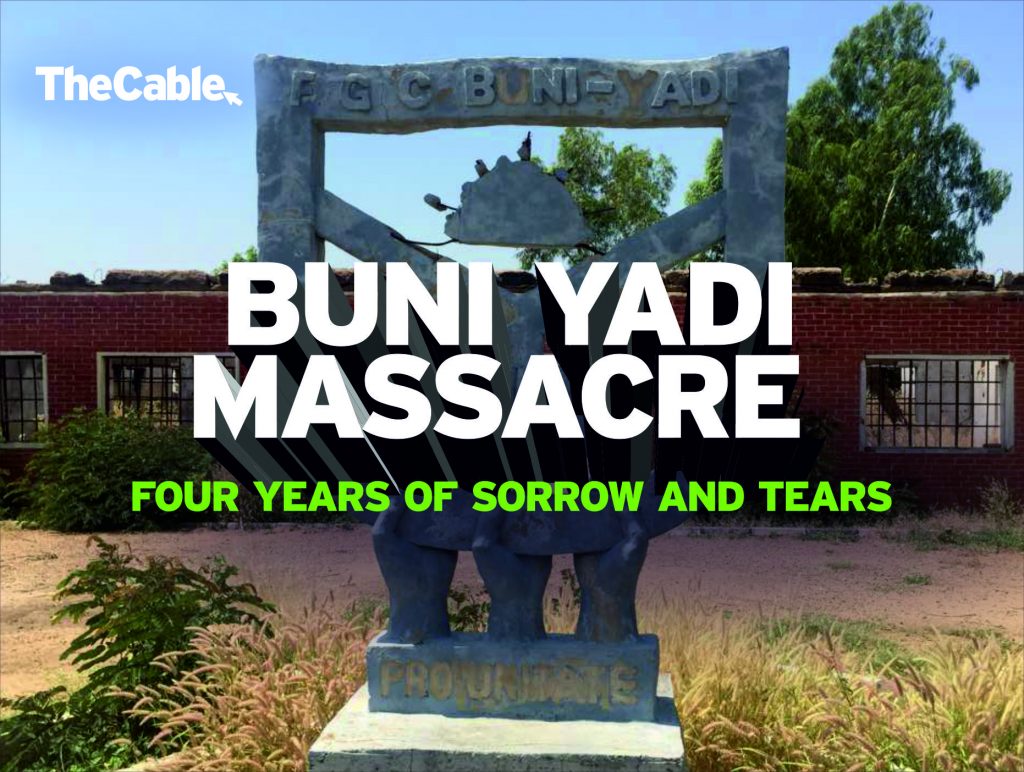
Before the Chibok girls, there were the Buni Yadi boys. Four years ago, Boko Haram insurgents attacked and killed 58 male students of Federal Government College, Buni Yadi, Yobe state, for receiving “western education”. To commemorate the tragedy, TheCable visits the school to speak with witnesses and survivors of the attack. In the second part of the series, a parent re-lives the gory experience. The wounds, apparently, are yet to heal.
Federal Government College, Buni Yadi, Yobe state, used to be an academic destination for young minds of promise. But today, despite efforts to rebuild it, the school still echoes with the helpless wails of those boys murdered in their sleep by Boko Haram.
On February 24, 2014, the school came under attack from Boko Haram insurgents who snuffed life out of 58 male students in the coldest blood possible.
Advertisement
Though this tragedy did not generate international outcry like Chibok, it is most likely government’s poor response to it fed Boko Haram’s confidence to abduct, two months later, hundreds of girls from the Government Secondary School, Chibok, Borno state.
‘I PERSONALLY EVACUATED MY SONS’ DEAD BODIES’
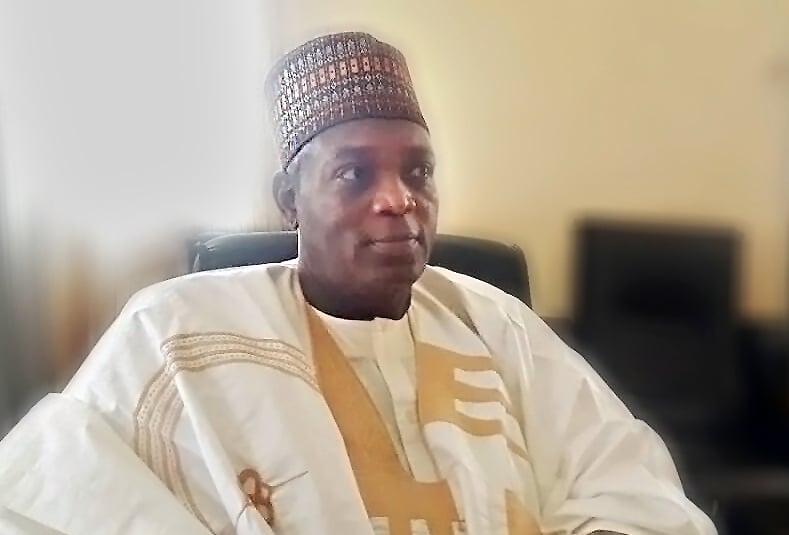
After the Buni Yadi incident, then-President Goodluck Jonathan merely condemned it. In fact, Vice-President Namadi Sambo led dignitaries to attend the Nigeria Centenary Charity Ball scheduled for the evening.
Bloodshed had become a norm; not even the death of 58 teenagers was worth a whimper.
Advertisement
Four years after, TheCable spoke with some of the bereaved parents who are still bitter about the government’s perceived callousness.
Goni Ali is a father of four children who were in the school. Two of his boys were killed during the attack. He said the incident has left “the most painful, tragic and traumatic memory” in his life.
“We evacuated the dead bodies of our children and nobody assisted us. Nobody ever came to us as parents of the victims of the attack to sympathise with us,” he says.
“The federal ministry of education did not show up until after one year — that was in 2015. When some of them came and met me as one of the parents of the victims, I specifically told them we were disappointed with the government.”
Advertisement
TheCable, however, understands that the state governor Ibrahim Geidam visited the school and gave the victims N100 million. A document seen by TheCable shows that the north-east principals donated N280,000. In 2016, Aisha Buhari gave the Buni Yadi victims N25 million — proceeds from the launch of her book, Essentials of Beauty Therapy.
They probably never saw the money.
‘MILITARY COULD HAVE SAVED THOSE CHILDREN’
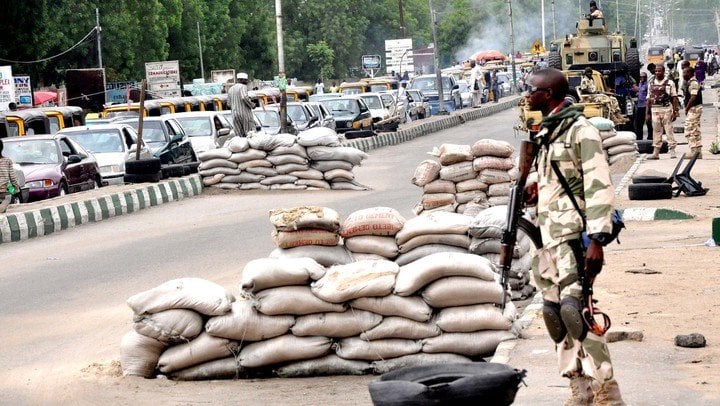
Ali laments that the Nigerian military received information of the planned attack on the school hours ahead but failed to act to save the children.
“Many of us have accused the military of failing to adequately protect the students in the face of the attack. What pained us as parents was that we heard that prior to the attack, check points close to the school were relocated,” he says.
Advertisement
“When the attack occurred, the principal was not in the school, his vice was also absent, as well as most of the senior staff members of the school. The military also quickly dismantled some checkpoints that very evening before the incident. So it seems like they were aware of the incident.”
Muhammad Machima, chairman of the Parent Teacher Association (PTA), informs TheCable that several letters were written to challenge the action of the military, but no single answer was provided.
Advertisement
“Nobody ever visited the place to sympathise with even the family and the community. Not until during the 2015 election, when the minister of science and technology, Dr. Abdul Bulama, who is an indigene of Buni Yadi, remembered that we are existing,” Machima recalls.
“He told us he came to apologise, but we told him we don’t want his apology, because we know it was because of election.”
Advertisement
Click to read the Part I of the series.
TOMORROW: One of killers speaks about God and forgiveness.
Advertisement
This is a special investigative project by Cable Newspaper Journalism Foundation (CNJF) in partnership with TheCable, supported by the MacArthur Foundation. Published materials are not the views of the MacArthur Foundation.
